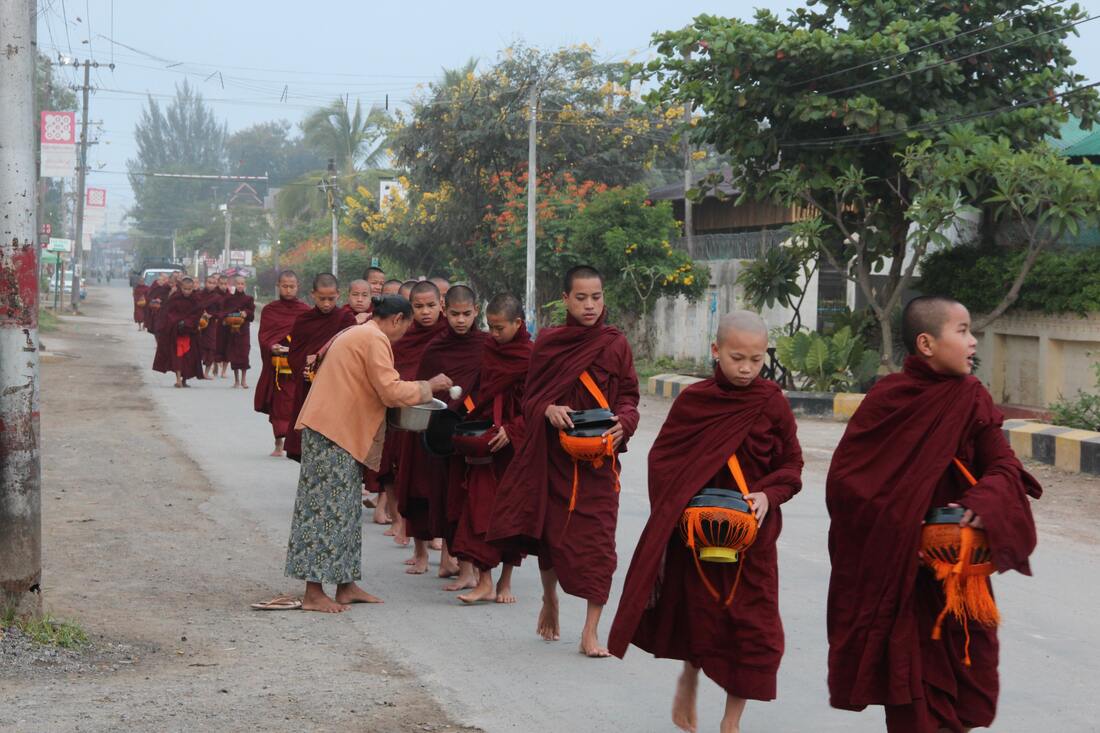|
By N. Elmôr Myanmar was ruled by the armed forces from 1962 until 2011, when a new government took over and began leading the country to a return to civilian rule. However, now, ten years later, the military is back in charge after declaring a year-long state of emergency.
On the 1st of February, the military seized control in the country. This military coup followed the general election won by Aung San Suu Kyi from the National League for Democracy (NLD) party. The Party’s opposition claimed that the vote had been a fraud and demanded a recount. They had the support of the armed forces. Nevertheless, the election commission denied the request for a revote claiming that there was no evidence to support the claims of fraud. As the new session of parliament was set to open, the coup took place. Suu Kyi was placed under house arrest along with other NLD officials who have also been detained. At present, military commander-in-chief Min Aung Hlaing is in power. To justify the coup, Hlaing said that the military side with the people and want to form a “true and disciplined democracy”. Once the state of emergency is over, the military claims it will hold a “free and fair” election. The people did not react well to the coup, and since, there have been widespread protests in the country. The demonstrations “have been the largest since the Saffron Revolution in 2007,” and protestors include teachers, students, government workers, lawyers and bank officers. After the protests started, the military imposed restrictions such as curfews and limits to gatherings. In attempts to disperse protesters, security forces have used rubber bullets, water cannons and live ammunition. During a protest on the 28th of February, at least 18 people were killed, and more than 30 people were injured after military forces confronted the peaceful demonstrators. The casualties allegedly occurred once live ammunition was fired into the crowd along with tear gas, flash-bang and stun grenades. This violent breakdown came after Myanmar’s United Nations ambassador was fired for making a plea at the UN General Assembly for internal action to help overturn the coup. Sources: Regan, Helen. “Myanmar Police Shoot Dead Four Protesters in Bloodiest Day since the Coup.” CNN, Cable News Network, 28 Feb. 2021, https://edition.cnn.com/2021/02/27/asia/myanmar-un-ambassador-fired-intl-hnk/index.html Cuddy, Alice. “Myanmar Coup: What Is Happening and Why?” BBC News, BBC, 24 Feb. 2021, www.bbc.com/news/world-asia-55902070
0 Comments
Your comment will be posted after it is approved.
Leave a Reply. |

